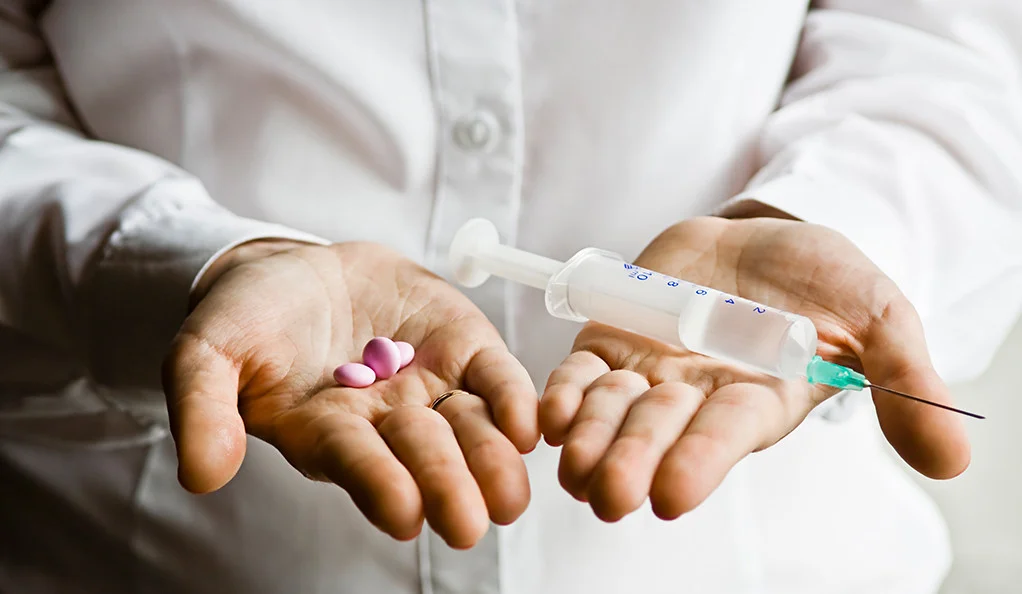Cancer. The word itself can send chills down the spine. It’s a journey no one wants to embark on, yet it’s one that millions worldwide are forced to navigate. This blog post aims to shed light on the journey of cancer treatment through the eyes of a cancer survivor. It’s a story of resilience, hope, and the incredible advancements in medicine that make survival possible.
The Diagnosis
The journey begins with a diagnosis—a moment frozen in time. For many, it’s an unexpected blow, turning life upside down. The initial shock is often followed by a whirlwind of emotions: fear, confusion, and uncertainty about what lies ahead.
“I remember the day I was diagnosed with cancer like it was yesterday,” shares Sarah, a breast cancer survivor. “It felt like the ground had disappeared beneath my feet. But I quickly realized that I had to be strong and face this head-on.”
The Treatment Plan
Once the diagnosis is confirmed, the next step is crafting a treatment plan. This plan is highly individualized, tailored to the type, stage, and location of the cancer, as well as the patient’s overall health.
1. Surgery: Often the first line of defense, surgery aims to remove as much of the cancer as possible. Depending on the cancer type, this could mean removing a tumor, an organ, or even entire sections of tissue.
2. Chemotherapy: This powerful treatment uses drugs to kill cancer cells or stop them from growing. While effective, it comes with a host of side effects, including nausea, fatigue, and hair loss.
3. Radiation Therapy: By using high doses of radiation, this therapy targets and kills cancer cells. It’s often used in conjunction with surgery or chemotherapy.
4. Immunotherapy: This newer treatment harnesses the body’s immune system to fight cancer. It’s a promising field, showing success in treating various cancers with fewer side effects compared to traditional methods.
5. Targeted Therapy: These drugs target specific molecules involved in cancer growth. They are designed to attack cancer cells while minimizing damage to normal cells.
The Battle
The treatment phase is a battle—a grueling, exhausting, and often painful fight. Each patient’s experience is unique, but common challenges include managing side effects, coping with emotional stress, and maintaining a sense of normalcy.
“Chemo was tough,” Sarah recalls. “There were days when I didn’t want to get out of bed. But I found strength in my support system—family, friends, and my medical team. They were my rock.”
The Importance of Support
Support plays a crucial role in the cancer journey. Emotional and psychological support can come from various sources: family, friends, support groups, and mental health professionals. Many survivors highlight the importance of connecting with others who have faced similar battles.
“Joining a support group was a game-changer for me,” Sarah says. “Hearing others’ stories, sharing my own, and realizing I wasn’t alone in this fight made a world of difference.”
The Role of Advancements in Medicine
Medical advancements have significantly improved cancer treatment outcomes. Precision medicine, for example, allows doctors to tailor treatments based on the genetic makeup of an individual’s cancer. Additionally, clinical trials offer patients access to cutting-edge therapies that might not be widely available yet.
“We’re living in an incredible time for cancer treatment,” explains Dr. John Mitchell, an oncologist. “With each passing year, we’re developing more effective and less invasive treatments. The future is bright.”
Life After Cancer
Surviving cancer marks the beginning of a new chapter. For many, it brings a renewed appreciation for life and a commitment to health and wellness. Regular follow-ups, a balanced diet, exercise, and mental health care are crucial components of post-cancer life.
“Life after cancer is different,” Sarah reflects. “I’ve learned to cherish every moment, to prioritize my health, and to give back to the community that supported me.”
